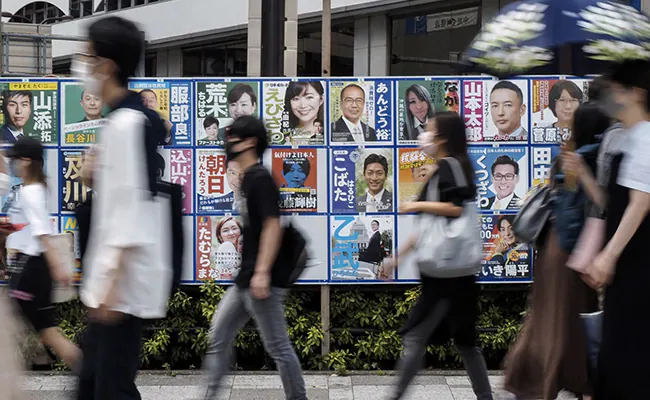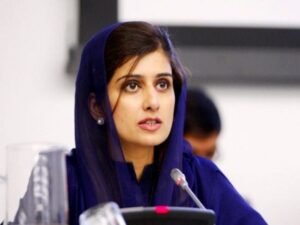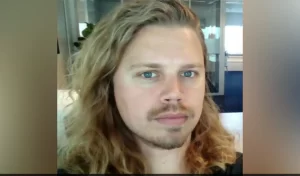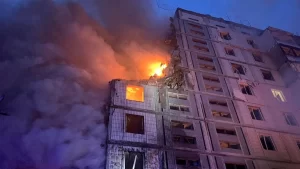Japan’s Upper House Poll Today Under Shadow Of Ex PM Abe’s Assassination

Japanese voters gave ballots on Sunday in the Election of the Assembly High Assembly, only two days after former Prime Minister Shinzo Abe was killed while on the campaign path.
The election, which is expected to see the ruling Liberal Democratic Party in ABE increases its majority, has been overshadowed by the murder.
Prime Minister Fumio Kishida and other politicians have insisted that the murder of a surprise will not stop the democratic process.
“We must not allow violence to suppress speeches during the election, which is the foundation of democracy,” he said on Saturday, when he campaigned throughout the country.
He also took the time to pay for his condolences at Abe’s family home in Tokyo, where the body of a former prime minister arrived on Saturday afternoon from a hospital in Western Japan.
The murder on Friday morning shook the nation and sent a wave of surprises to the world, encouraging sympathy outflow even from the countries where Abe Hawkish sometimes had difficult relations, such as China and South Korea.
The man who was accused of murder, Tetsuya Yamagami, who was 41 years old, was detained and told investigators that he was targeting Abe because he was sure the politician was associated with an unnamed organization.
Local media described the organization as religious and said the Yamagami family had suffered from financial problems as a result of his mother’s contribution to the group.
‘No bigger regret’
Abe has campaigned in the western region of Nara for a candidate from LDP who was in power when Yamagami fired shots, and the local police there on Saturday recognized “problems” with security plans for high profile numbers.
With a little violent crime and difficult weapons laws, security at Japanese campaign events can be loosened, even after Abe’s murder, steps are improved for Kishida’s remaining appearance.
Security at the polling station on Sunday remains normal, however, with Takao Sueki who is 79 years old said that he chose to pay attention to international instability, including the Russian invasion of Ukraine.
“Watching the world now, I think every day about how Japan will manage with this situation,” he told AFP.
“This is a democratic country and I hate the use of violence to eliminate someone,” he added when asked about Abe’s murder. “I strongly believe that if people have disagreement, they must argue with dialogue.”
The police have promised “comprehensive investigation” of what the regional police chief Nara is called “the problem with the steps of the guard and safety” for Abe.
“I believe it cannot be denied that there are problems with the steps of guard and safety for former Prime Minister Abe,” Tomoaki Onizuka told reporters on Saturday night.
“In all years since I became a police officer in 1995 … there was no greater regret, there was no greater regret than this,” added the police chief who cried.
Election win expected for ruling LDP
The most famous politician murder in Japan has triggered international criticism, with US President Joe Biden ordered a half -pole flag until Sunday and Chinese President Xi Jinping said he was “very sad”.
Abe’s office told AFP that Bangun would be held on Monday night, with a funeral for family and close friends only on Tuesday. Local media said both were expected to be held at the Tokyo Zozoji Temple.
US Foreign Minister Antony Blinken, who is in Asia for the meeting, will stop at Tokyo on Monday to convey condolences directly, the Department of Foreign Affairs said.
Abe is a descendant of the political family and became the youngest post-war prime minister in the country when he took power for the first time in 2006, 52 years old.
His Hawkish and nationalist views divided, especially his desire to reform the country’s Pacific constitution to recognize the country’s military, and he passed a series of scandals, including accusations of chronism.
He was praised by others for his economic strategy, nicknamed “Abenomics” and his efforts to place Japan strongly on the world stage, including by fostering close relations with predecessors Biden Donald Trump.
Kishida, 64, was once described as one of the successors that Abe likes, and has a solid majority in parliament together with Komeito coalition partners.
Sunday voting is expected to strengthen power, making Kishida better positioned to enter the “three -year -old gold” where he will not face further elections.
He faced significant policy sacred winds, including price increases and lack of energy, especially after the heat waves in the early summer which caused the power crisis.
The poll closes at 20:00 (1100 GMT), with the projected results from Japanese media it is expected soon after.








